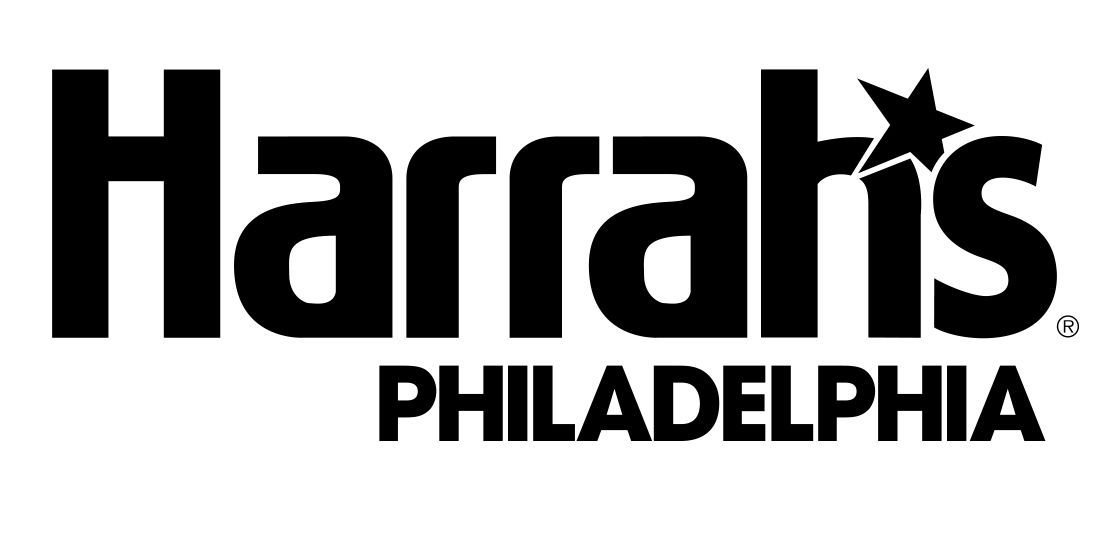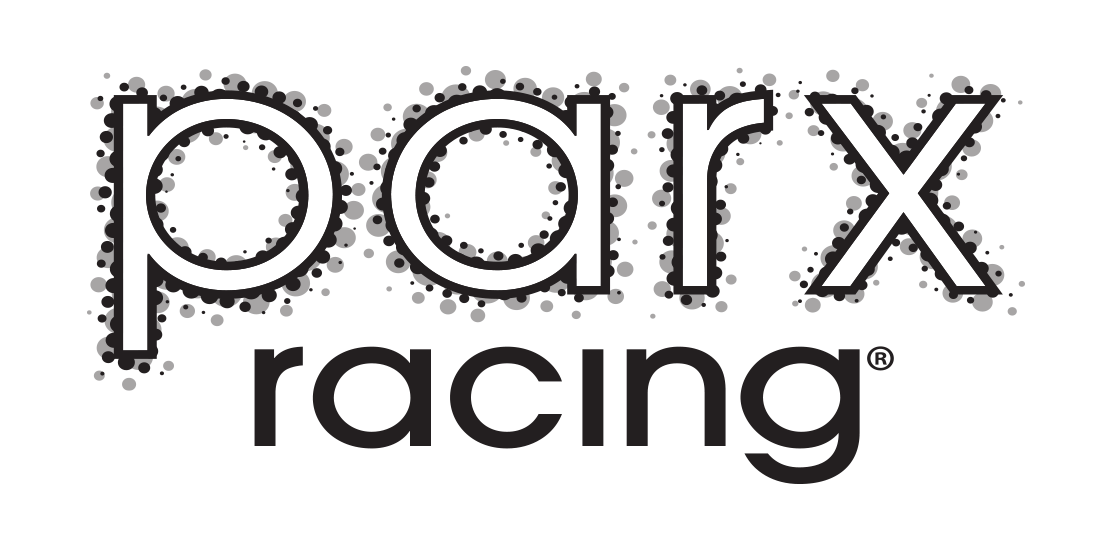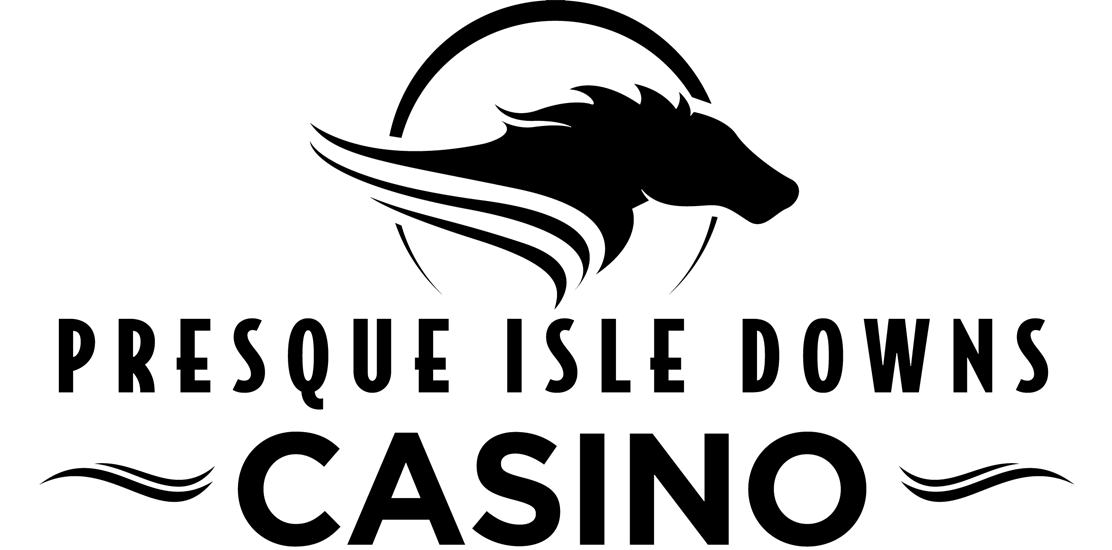For the first time since 1945, the Kentucky Derby will not be run on the first Saturday in May. Originally scheduled for May 2, the first jewel of the Triple Crown is now slated for Saturday, Sept. 5.
Keeneland Association, Inc., the world’s largest thoroughbred auction house, canceled its spring meet in April, including its Derby-prep Blue Grass Stakes. It conducts three sales per year in Lexington, Kentucky.
The Preakness (May 16) is likely to be pushed back to September, as well, and the Belmont Stakes (June 6) race date may also be altered.
Effects of the COVID-19 pandemic have reverberated throughout the multi-billion-dollar industry as most American tracks have been shut down.
Some high-profile tracks still continue to run without fans in the grandstand. Florida venues Gulfstream and Tampa Bay continue to run; the same goes for Oaklawn (Arkansas) and Golden Gate (California). Gulfstream hosted its key date, the Florida Derby, on Saturday.
Fair Grounds, in New Orleans, held out for its biggest day when it continued with the Louisiana Derby on March 21 — and then shut down the next day. The Los Angeles-area track, Santa Anita, may have had similar plans to hang on for its featured derby on April 4, but fell short when it went dark on Friday.
Presque Isle Downs and Casino has not yet begun its 2020 season, but the likelihood of opening the 100-date schedule on Monday, May 11, lessens by the day.
The livelihoods of owners, breeders, trainers and jockeys have already been affected by the pandemic. Those are the obvious casualties as the racing industry slows to a crawl.
The trickle-down effect will have consequences on a broader scale, upsetting nutritionists, farmers, veterinarians — all the way down to the hot walkers who help tend to the horses.
“It would be a negative impact on all the ancillary operations,” said Todd Mostoller, who is the executive director of the Pennsylvania Horsemen’s Benevolent and Protective Association.
If the Commonwealth’s tracks fail to get up and running soon, owners could choose to move their equines out of the state. This would hinder the mushroom industry centered on Avondale and Kennett Square, which is considered the “Mushroom Capital of the World.”
“A lot of our manure goes to the mushroom farms because the horses are here,” Mostoller said. “That’s another industry that would be dramatically impacted.”
Small-business thoroughbred owners
The mainstream image of thoroughbred racing is one of glamour and wealth. High-grade stakes winners could profit their connections with millions of dollars.
At smaller tracks like Presque Isle, this is far from the truth. Winning purse money enables the owners to continue running their businesses.
“Without being able to run and generate revenues, it’s a very difficult time for everybody,” Mostoller said. “It’s a huge economic impact on everybody involved.”
Eventually, owners have to decide whether they will continue paying a trainer to work with a horse. Without money coming in, some may be forced to pull the plug on training and hope to get a horse back into racing shape when competition resumes.
A two-week layoff may not negatively affect an animal. But, if the layoff stretches to a month or longer, it could take a thoroughbred nearly two months to regain its fitness.
With no way to determine how long the season may be delayed, this forces owners to make tough decisions.
Owner of Commonwealth New Era Racing, Mostoller has kept his best horse in training but turned out lower-tier runners to a farm. By keeping prized filly New York Groove in routine, he has weighed the risk-reward with hopes that she can make up for time waited and dollars spent.
“The real problem for our industry, and everybody else for that matter, is the uncertainties,” Mostoller said. “If it’s going to be four weeks, it’s not good, but we can deal with it. If it’s 2½ to 3 months, that’s a different animal.”
When Presque Isle ceased casino operations on March 16, the potential for 100 days of racing took a hit. Funds made from slot machines combine with parimutuel money to make up about $15 million in purse winnings for the racing season.
Mostoller believes the 2020 racing calendar will be shortened if the casino remains closed and unable to bring in money to fund the track. Discussions will take place Wednesday to determine when the backside might be open for horses.
Mostoller is not confident the situation will be clarified by then, but he certainly looks forward to the day Presque Isle Downs finally reaches post time.
“We’re eager to get up there and put on a show,” he said. “A lot of people don’t realize what a special place it is. Presque Isle is the hidden gem in racing in the United States. It’s a fantastic place to visit. The quality of horses is far superior to what a lot of people think it is.”
Spring has not sprung
Patrick Morell became the simulcast host at Presque Isle in 2019. Known as “PMo” to local racing fans, the former competitive owner’s current position prevents him from racing. He remains involved as a commercial breeder as owner of Morell Bloodstock.
Spending most of the year in Blue Grass country, Morell was present in Lexington when Keeneland called off its April calendar.
“It’s a huge rite of passage,” he said. “You know when Keeneland starts, it’s springtime. Hope springs eternal. It’s huge for the people of the area. It’s part of their culture.”
Combine that with the suspension of the Derby, just 80 miles west at Churchill Downs in Louisville, and the Bluegrass State is at a racing standstill.
The economy’s struggles already led to a poor seller’s market. The loss of Keeneland’s Spring Sales Meet further hampered the dealings.
“It has decimated the two-year-olds training sales,” Morell said. “It’s massive compared to the difficulties of the recession in 2008. Our industry is the greatest barometer to how the economy is doing.
“If the market is doing great, people are spending money. People have money to burn. Then March hit and everything goes in the tank.”
While he no longer competes, Morell empathizes with those who are now feeling financial pressures with the uncertainty of when the next race day will happen.
“A lot of these horsemen are bread-and-butter, blue-collar guys,” he said. “They need to run their horses to make a living. The biggest fallacy of horse racing is that it’s all just rich people. It’s not. That’s the furthest thing from the truth.”
After getting a taste of summer in Erie last year, Morell fell in love with the area. On race days, Morell brings his passion and knowledge to paddock shows between heats at Presque Isle Downs.
Having enjoyed his first season here so much, the Beaver County native decided to permanently settle in Erie. Unsure how the pandemic will ultimately affect him and his girlfriend, Morell has put those aspirations on hold.
“I adore the community,” he said. “It is my favorite job I’ve ever had. Hands down, there’s nothing better. It’s what I love. It’s a great, family-oriented atmosphere.
“We were ready to buy a house and set our roots down. But, now we’re waiting to see what happens.”
Original source credited to: GoErie


